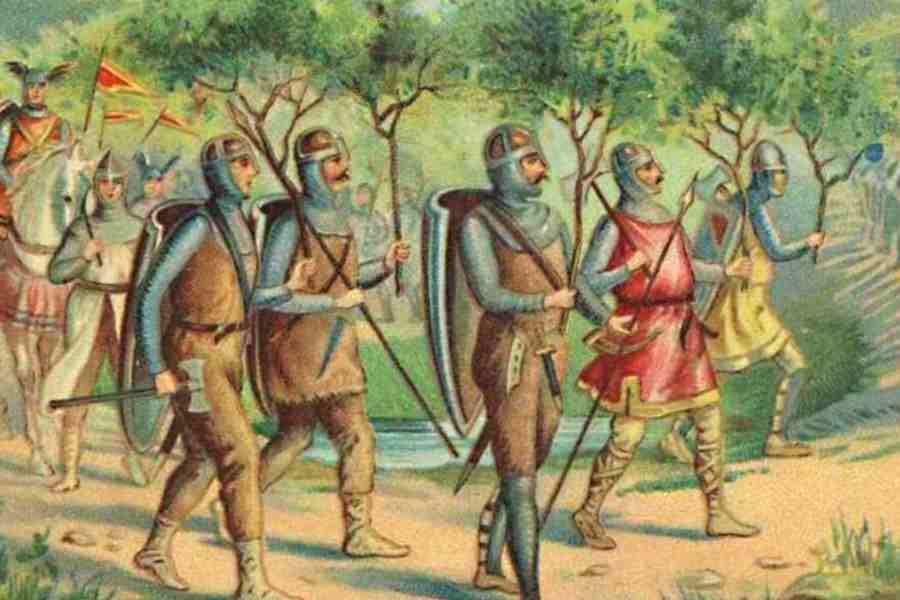BIRNAM WOOD By Eleanor Catton, Granta, £20
As a professional reader of books, rarely do I come across a book which I both enjoy and agree with. My experience tends towards shutting the latest title I’ve read and saying to myself, ‘Yeah, that was fun. Pity they got it all wrong.’ Since I write climate fiction, which requires me to plough through enormous quantities of research about the state of the world, it’s pretty hard for authors to impress me with the breadth of their reading as well as the art with which they weave it into a thumping good story. But thankfully, Eleanor Catton has done just that.
Birnam Wood came to me already surrounded with, ahem, laurels. Its author is the youngest winner of the Booker Prize — for The Luminaries, by all accounts a very different book from Birnam Wood. The first 50 pages or so were a bit ponderous, but by the time all the pieces were in play, Catton’s language shed its literariness and went for the jugular. After that point, I could not put it down. The guerrilla gardeners’ collective, the eponymous Birnam Wood, is wonderfully realised. I recognised types I see among my students, and pretty soon I was feeling towards these young people the same mix of fear and awe I feel for my own young ones: fear for their safety and awe at their energy and daring. By contrast, I have to admit I found the depiction of God’s Gardeners in Atwood’s The Maddaddam trilogy very tiresome. Atwood is too patrician and well brought up to consider such groups to be anything but kooky medievalists. It’s probably a generational thing. But at last, here is a group of green activists who feel real.
This book shows how climate fiction is blurring the line between science fiction and literary fiction. I have often argued, provocatively, to my students that literary fiction is a special case of science fiction, a sub-genre where you’re not allowed to materially change the rules of physics or society. But climate fiction is beyond that distinction, because it is simultaneously about the big, unchangeable causalities of the world, like extinction-level events, and about petty human greed and jealousy. Sadly, the two categories are now interlinked and moving in lockstep towards disaster. This is something which we most certainly can change. However, we do have to appreciate what we’re up against and Catton’s book does just that: it profiles the enemy.
There is something particularly angering about the fact that the ecological crime at the centre of the book is perpetrated in New Zealand, one of my favourite Pasifika nations and definitely one of the most amazing ecosystems still left on this planet. But the lead-up to it and the dramatis personae are all too plausible. Catton is spot on regarding the kind of mentality that would come up with such an idea and the narrative driver of the plot is this: how does a criminal think? The answer is both simple and horrific: like a Forbes 500 icon. But then again, in this post-Trump era, maybe that isn’t so surprising, at least to some of us.
The young people in this book are up against the same dilemmas and false choices that all other young people across the globe are facing. This is probably the most unified generation in the history of humankind, and also the most vulnerable. Tellingly, there are no bystanders in this book, no neutral observers, no choric figures. There are the young trees of Birnam Wood, standing almost under a spotlight as they try to live their lives on the windy side of the law, and the secretive tycoon who seeks to cut them down. Even those characters who you think might be neutral, like the knighted philanthropist who owns the farm that the young people are illegally cultivating, turn out to be complicit in some way.
Shakespeare’s Birnam Wood was a ruse that took down a dictator who was so steeped in blood he might as well go forward as go back. So too does the antagonist of this book, until Lady Macbeth shows up with a BB gun. No one has the luxury of washing her/his hands of anything in this story. This is a salutary, sobering, if grimly enjoyable, read.











